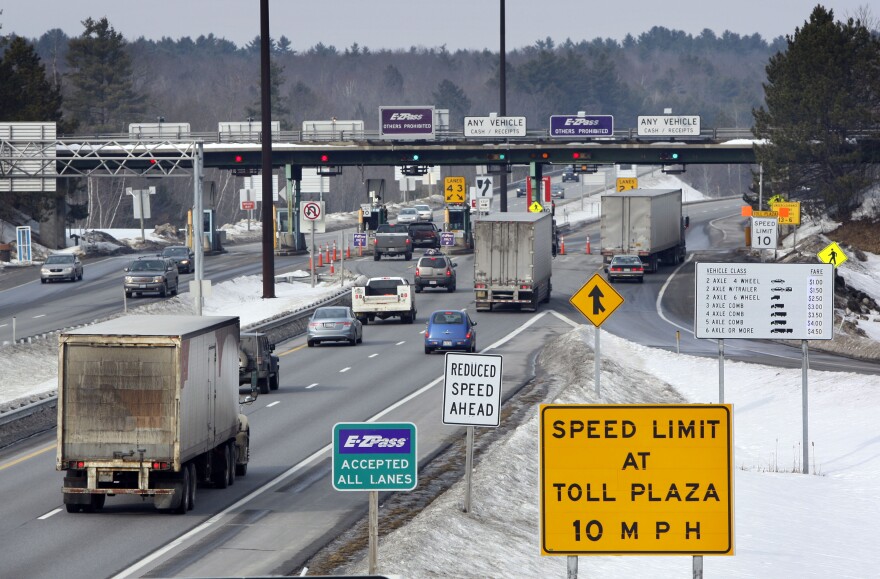Massachusetts, Connecticut, Rhode Island and the District of Columbia signed of memorandum of understanding today committing to a new, regional “cap and spend” program to curb carbon emissions from the transportation sector. Eight other states formally agreed to continue policy work on the regional program.
Maine and New Hampshire are the only New England states that decided against formal participation.
The Transportation Climate Initiative program, or TCI, will require large gasoline and diesel fuel suppliers to buy “allowances” for the pollution they create. The goal is to drive down vehicle carbon emissions by 26% over the next ten years by using the money to invest in cleaner transportation alternatives.
Some observers say the TCI could increase gas prices at the pump, while backers say cost-containment measures would limit that to nine cents a gallon in the first year. That still could be unpopular in a relatively poor state such as Maine, where driving long distances for work and other necessities is the norm.
In a statement to Maine Public, a spokeswoman for Maine Gov. Janet Mills says the administration remains “concerned about the lack of specifics for implementation and the potential impact on Maine consumers. As we monitor the proposal, Maine will continue to pursue a clean energy future that reflects our large, rural geography and that prioritizes electric vehicles, heat pumps, and other measures that will allow our state to make progress in reducing carbon emissions and strengthening our economy.”


